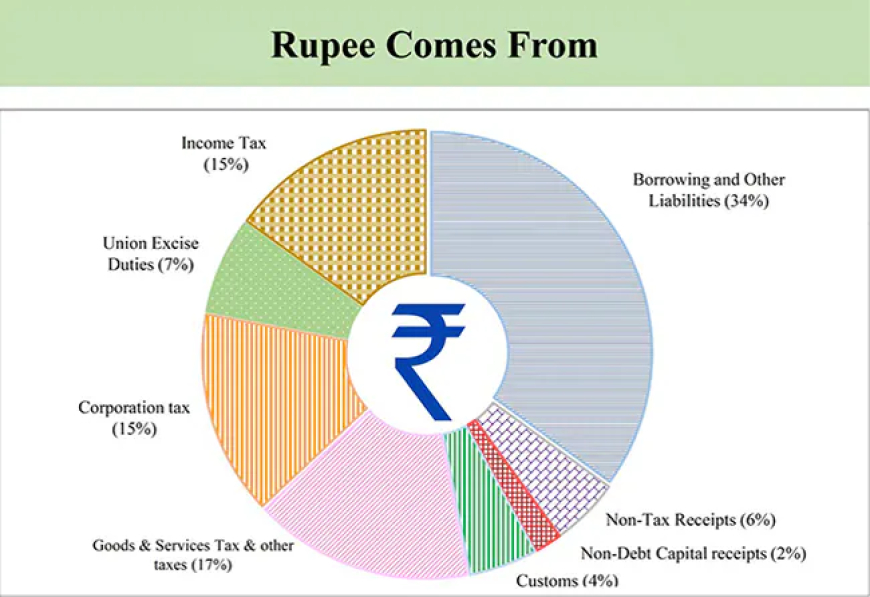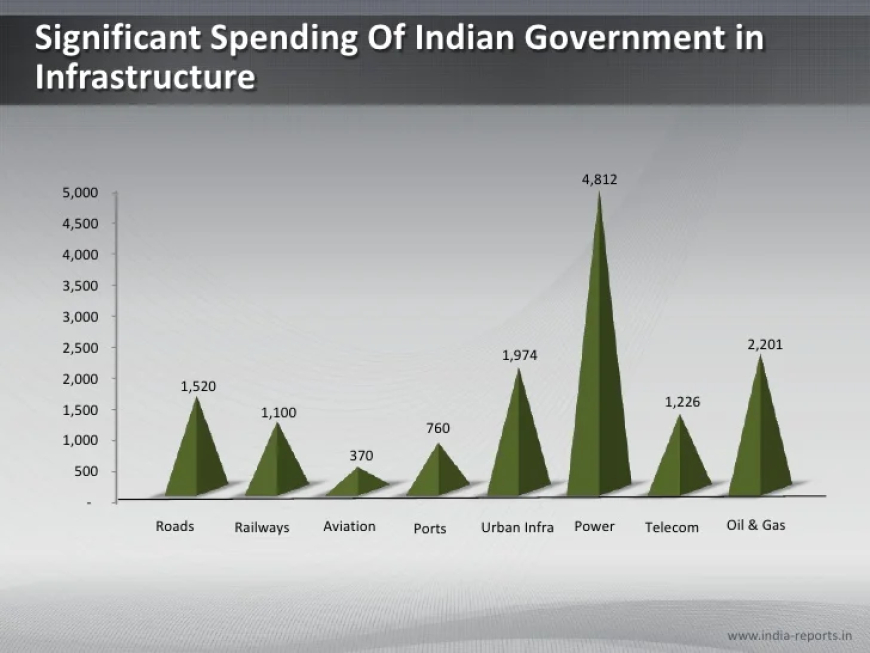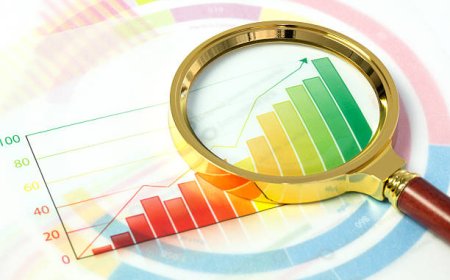The Impact of Government Spending on Individual Freedom and Economic Growth
Explore the impact of government spending on individual freedoms and economic growth. This article analyzes statistics, inefficiencies of government programs, and the relationship between regulation and personal liberty, advocating for limited government and free-market principles.


In recent decades, we have witnessed a significant increase in government spending worldwide. According to the International Monetary Fund (IMF), global government expenditure has risen from approximately 36% of GDP in 1990 to over 40% in 2020. In many developed nations, this figure surpasses 50%. While government spending is often justified as a means to improve public welfare and economic stability, it is essential to examine its actual implications on individual freedoms and economic growth.
The Correlation Between Government Spending and Economic Growth

Research indicates a troubling correlation between excessive government spending and economic stagnation. A study published in the Journal of Economic Growth revealed that when government spending exceeds 30% of GDP, it generally begins to hinder economic growth. For instance, research from the Cato Institute suggests that a reduction in government spending by just 1% of GDP could lead to a 1.5% increase in economic growth. This is evident in countries like Greece, where unsustainable government spending led to a severe financial crisis and necessitated harsh austerity measures that stifled growth.
High levels of government expenditure often necessitate increased taxation, which can discourage investment and entrepreneurship. When individuals and businesses are burdened with high taxes, their ability to invest in innovation and expansion diminishes, resulting in slower economic growth and fewer job opportunities.
Inefficiencies of Government Programs vs. Private Sector Solutions
One of the most compelling arguments against extensive government spending is the inefficiency that often accompanies it. A report by the Reason Foundation highlights that public sector services typically cost more than their private counterparts. For example, in the United States, public schools spend an average of $13,600 per student, while private schools often manage to provide education for less than $10,000 per student.
Moreover, welfare programs, although well-intentioned, can lead to dependency rather than empowering individuals to achieve self-sufficiency. Data from the U.S. Department of Health and Human Services indicates that nearly 40% of individuals enrolled in welfare programs have not transitioned to independence after two years. This reliance on government assistance undermines the fundamental libertarian principle of personal responsibility and individual freedom.
The Relationship Between Government Overreach and Personal Freedoms

As government spending increases, so too does the regulatory burden on individuals and businesses. The World Bank reports that countries with high government expenditure often have more stringent regulations, which can impose substantial compliance costs. In high-regulation environments, businesses may spend over 30% of their revenue just to meet regulatory requirements. This can stifle entrepreneurship and innovation, as potential business owners may be deterred by the complexities and costs associated with starting and running a business.
Furthermore, the Economic Freedom Index published by the Heritage Foundation demonstrates a clear correlation between economic freedom—characterized by lower government spending and minimal regulation—and personal liberties. Countries that rank higher in economic freedom tend to offer greater personal and civil liberties to their citizens.
Conclusion: The Case for Limited Government
The evidence is clear: excessive government spending often leads to reduced economic growth and diminished individual freedoms. As libertarians, we advocate for a limited government that prioritizes individual liberty, personal responsibility, and free-market principles. By reducing government intervention in the economy, we can foster an environment that encourages innovation, empowers individuals, and promotes economic prosperity.
In conclusion, the Libertarian Party of India encourages all citizens to reconsider the implications of government spending on their freedoms and economic opportunities. It is essential to engage in discussions about how a reduced governmental footprint can lead to a more vibrant, prosperous, and free society.
What's Your Reaction?




















































